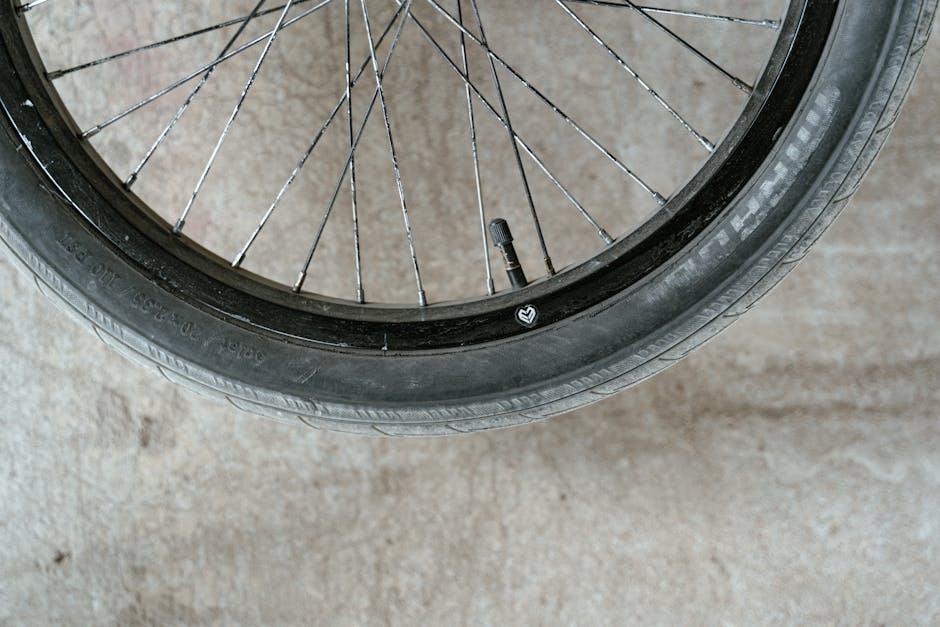In relation to getting probably the most out of your automobile, few upkeep duties are as easy — but impactful — as tire rotation. Tires are the unsung heroes of each journey, quietly balancing security, efficiency, and gasoline effectivity beneath your wheels. However with out correct care, their lifespan can shortly dwindle, resulting in uneven put on and dear replacements. On this article, we dive into important suggestions and methods to maximise tire life via strategic rotation, serving to you prolong mileage, enhance dealing with, and drive with confidence mile after mile. Whether or not you’re a seasoned driver or a newcomer, understanding the artwork of tire rotation can rework your driving expertise and prevent cash in the long term.
Desk of Contents
- Selecting the Proper Rotation Sample for Your Car
- Understanding Put on Patterns for Optimum Tire Efficiency
- Instruments and Strategies for a Clean Tire Rotation
- When to Rotate Tires to Forestall Untimely Put on
- In Conclusion
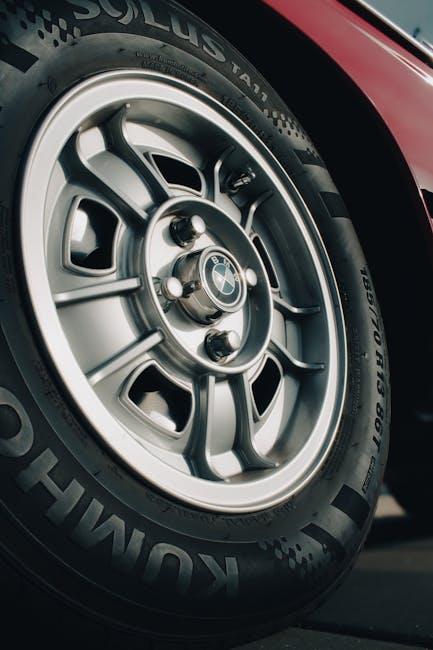
Selecting the Proper Rotation Sample for Your Car
Deciding on the best rotation sample hinges in your automobile’s drivetrain and tire kind. For front-wheel-drive vehicles, the Ahead Cross sample is commonly advisable, the place the entrance tires transfer straight again, and the rear tires change sides crossing to the entrance. This helps tackle the sooner put on seen on entrance tires as a consequence of steering and energy supply. Alternatively, rear-wheel or all-wheel-drive autos profit from the Rearward Cross sample, selling even tread put on by shifting the rear tires ahead and crossing the entrance tires to the again.
Past drivetrain concerns, tire specs resembling directional tread patterns or staggered wheel sizes demand tailor-made rotation methods. When directional tires are put in, rotation sometimes happens front-to-back on the identical facet with out crossing. To make your best option, use this easy information:
- Non-directional tires on FWD: Ahead Cross
- Non-directional tires on RWD/AWD: Rearward Cross
- Directional tires: Entrance-to-Rear (similar facet)
- Staggered setups: No rotation until tires are eliminated and remounted
| Car Sort | Really helpful Sample |
|---|---|
| Entrance-Wheel Drive | Ahead Cross |
| Rear-Wheel Drive | Rearward Cross |
| All-Wheel Drive | Rearward Cross |
| Directional Tires | Entrance-to-Rear (Similar Aspect) |
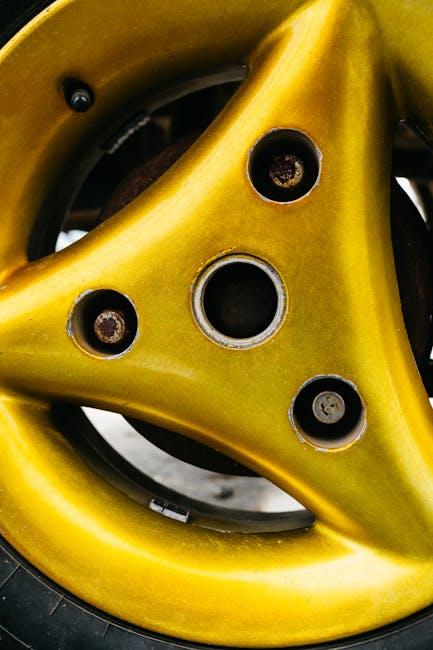
Understanding Put on Patterns for Optimum Tire Efficiency
Each tire wears in another way based mostly on its place in your automobile, driving habits, and highway situations. Recognizing widespread put on patterns helps in diagnosing potential points and planning well timed rotation. As an example, tires displaying extreme put on on outer edges normally point out under-inflation or sharp cornering, whereas put on concentrated within the heart suggests over-inflation. Uneven put on resembling feathering or cupping may imply alignment or suspension issues. By understanding these clues, you cannot solely prolong tire longevity but additionally improve general security and gasoline effectivity.
To trace these patterns successfully, commonly examine your tires and keep data of wear and tear in relation to the rotation schedule. Use the desk under as a fast reference information to widespread put on varieties and their possible causes:
| Put on Sample | Frequent Trigger | Rotation Tip |
|---|---|---|
| Outer Edge Put on | Below-inflation or aggressive cornering | Rotate front-to-back; test tire stress month-to-month |
| Middle Put on | Over-inflation | Alter tire stress; cross-rotate tires |
| Feathering | Misalignment | Schedule alignment test earlier than subsequent rotation |
| Cupping or Scalloping | Suspension points or unbalanced tires | Steadiness tires and examine suspension elements |
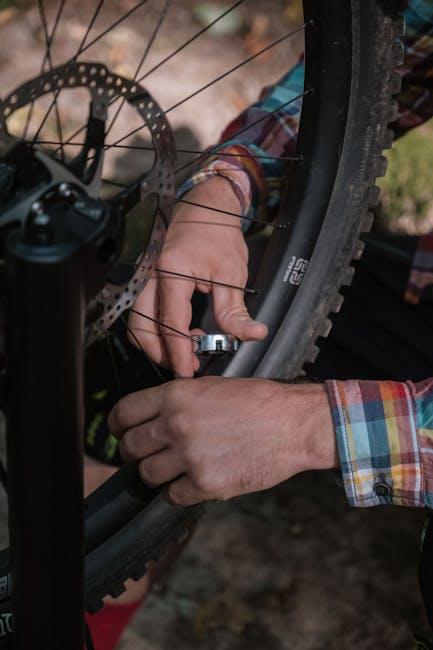
Instruments and Strategies for a Clean Tire Rotation
Reaching a seamless tire rotation begins with having the proper set of instruments at your fingertips. Important gadgets embody a dependable lug wrench for loosening and tightening lug nuts, a sturdy automotive jack to securely elevate the automobile, and jack stands to help the automotive securely in the course of the course of. Don’t overlook a torque wrench, which ensures the lug nuts are tightened to the producer’s specs, stopping uneven put on or injury. Having a marker or chalk readily available could be particularly useful for indicating tire positions earlier than elimination, decreasing confusion and serving to keep an correct rotation sample.
Strategies play an equally vital position in a easy rotation. At all times observe a constant sample, whether or not it’s the usual “ahead cross” or the “rearward cross” relying in your drive kind. Be aware of tire situations, checking for uneven put on, and balancing the tires post-rotation if vital. Use a worksheet much like the one under to doc your rotation order and tire situation at every session—it’s a easy but efficient approach to monitor tire well being over time.
| Tire Place | Rotation Sample | Notes |
|---|---|---|
| Entrance Left | Moved to Rear Proper | Test tread depth |
| Entrance Proper | Moved to Rear Left | Examine for injury |
| Rear Left | Moved to Entrance Left | Confirm air stress |
| Rear Proper | Moved to Entrance Proper | Steadiness if wanted |
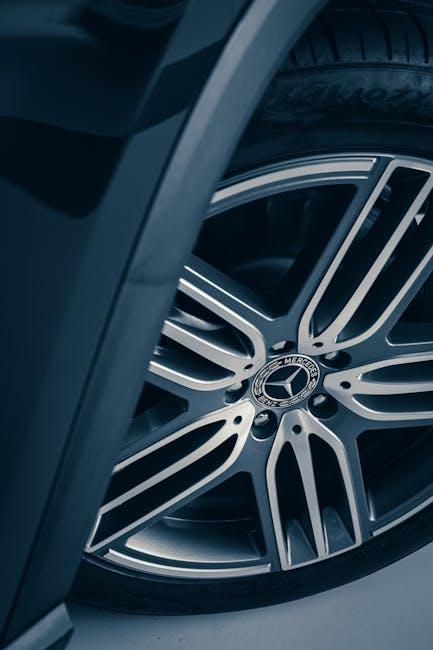
When to Rotate Tires to Forestall Untimely Put on
Recognizing the splendid moments to rotate your tires is essential for extending their lifespan and sustaining optimum efficiency. A great rule of thumb is to carry out rotations each 6,000 to eight,000 miles, or roughly each 6 months, whichever comes first. Nonetheless, your driving habits and automobile kind can shift this timeline. For instance, front-wheel-drive autos are inclined to put on entrance tires sooner, so extra frequent rotations is likely to be vital. Usually consulting your automobile’s proprietor handbook and aligning tire modifications with oil change intervals can simplify staying on high of those upkeep checkpoints.
Listening to particular indicators may also provide you with a warning when it’s time to rotate your tires:
- Uneven tread put on: One facet carrying sooner than the opposite
- Vibrations: Noticeable shaking whereas driving
- Noise: Elevated highway noise from the tires
To make the method easy, right here’s a fast reference desk illustrating tire rotation intervals based mostly on widespread automobile varieties:
| Car Sort | Really helpful Rotation Interval |
|---|---|
| Entrance-Wheel Drive | Each 6,000 miles |
| Rear-Wheel Drive | Each 7,000 miles |
| All-Wheel Drive | Each 5,000 – 7,000 miles |
| Efficiency Automobiles | Each 3,000 – 5,000 miles |
In Conclusion
Because the miles roll on, your tires quietly bear the load—fairly actually—of each journey. By embracing the artwork and science of standard tire rotation, you’re not simply extending the lifespan of those important elements; you’re enhancing security, enhancing efficiency, and making every drive smoother than the final. Bear in mind, somewhat care and a spotlight can take you a good distance. So, whether or not you’re a seasoned highway warrior or a weekend cruiser, make tire rotation a key a part of your automobile’s routine—and let your tires carry you additional, longer.


